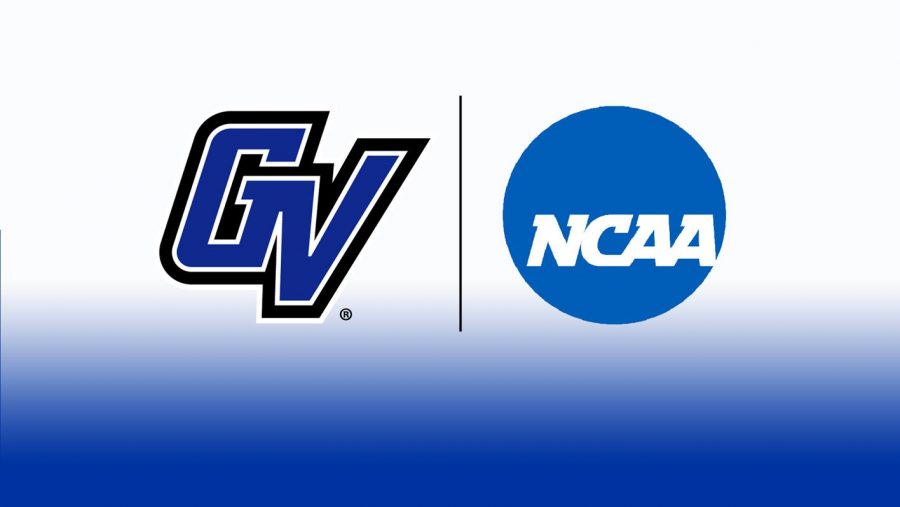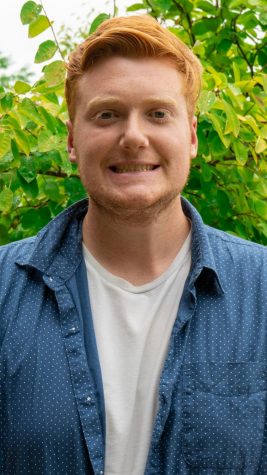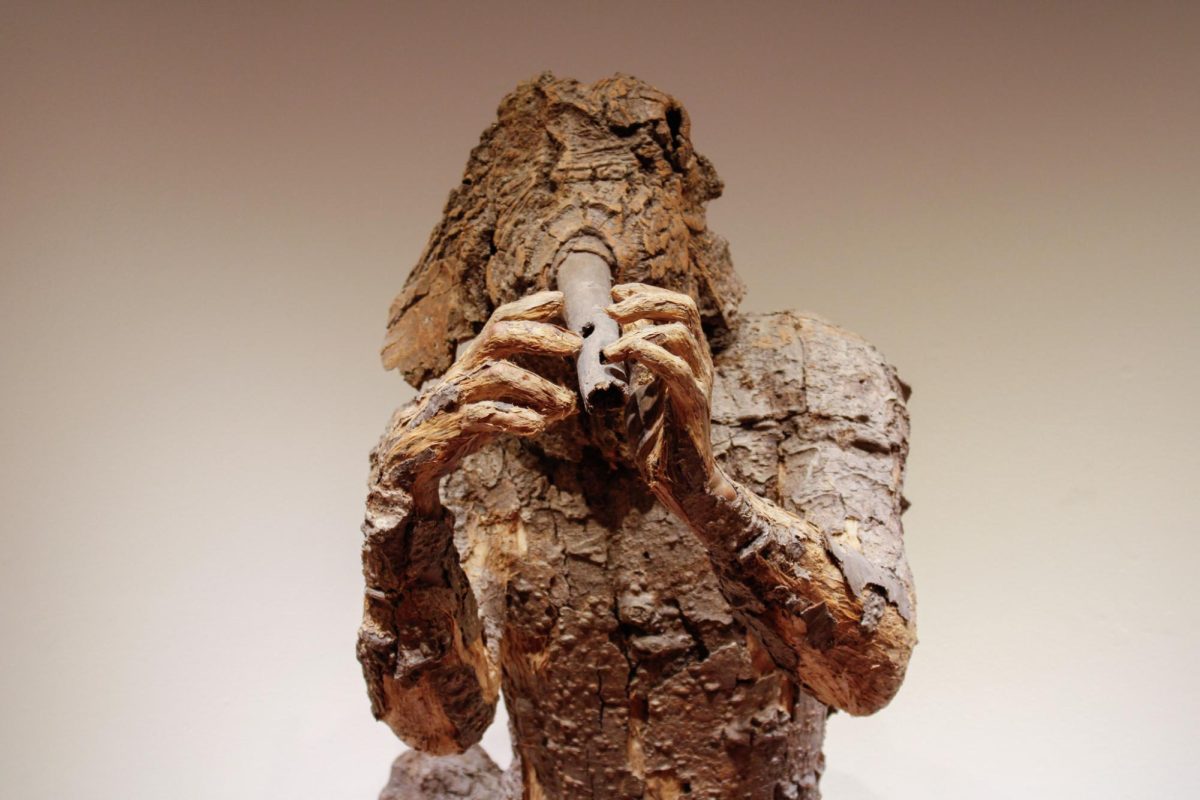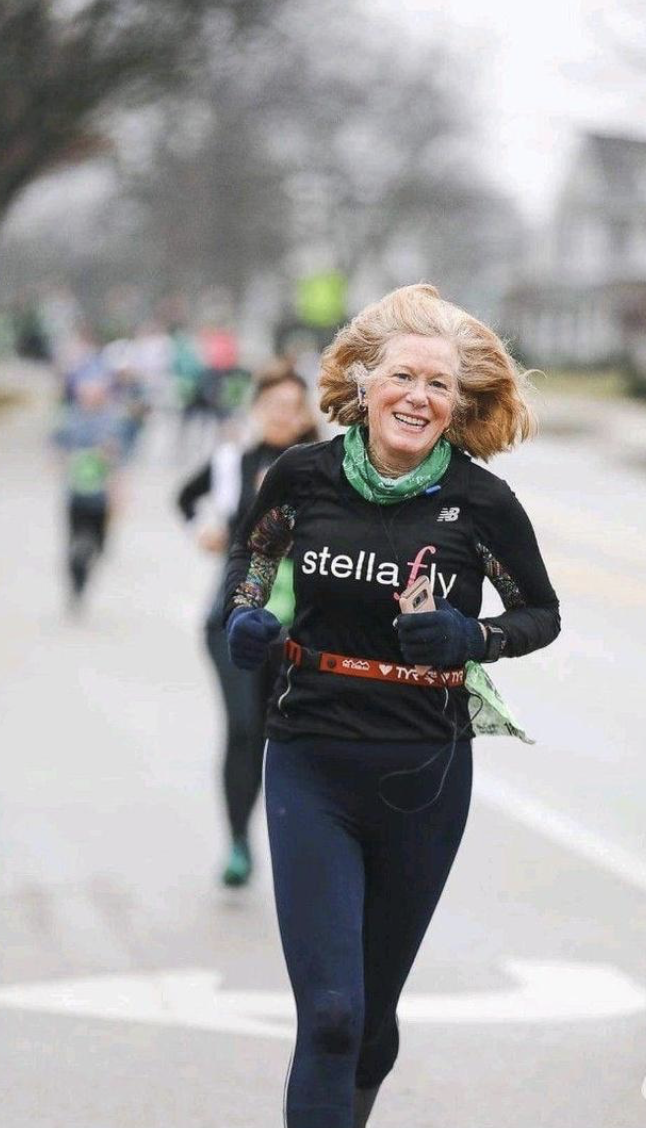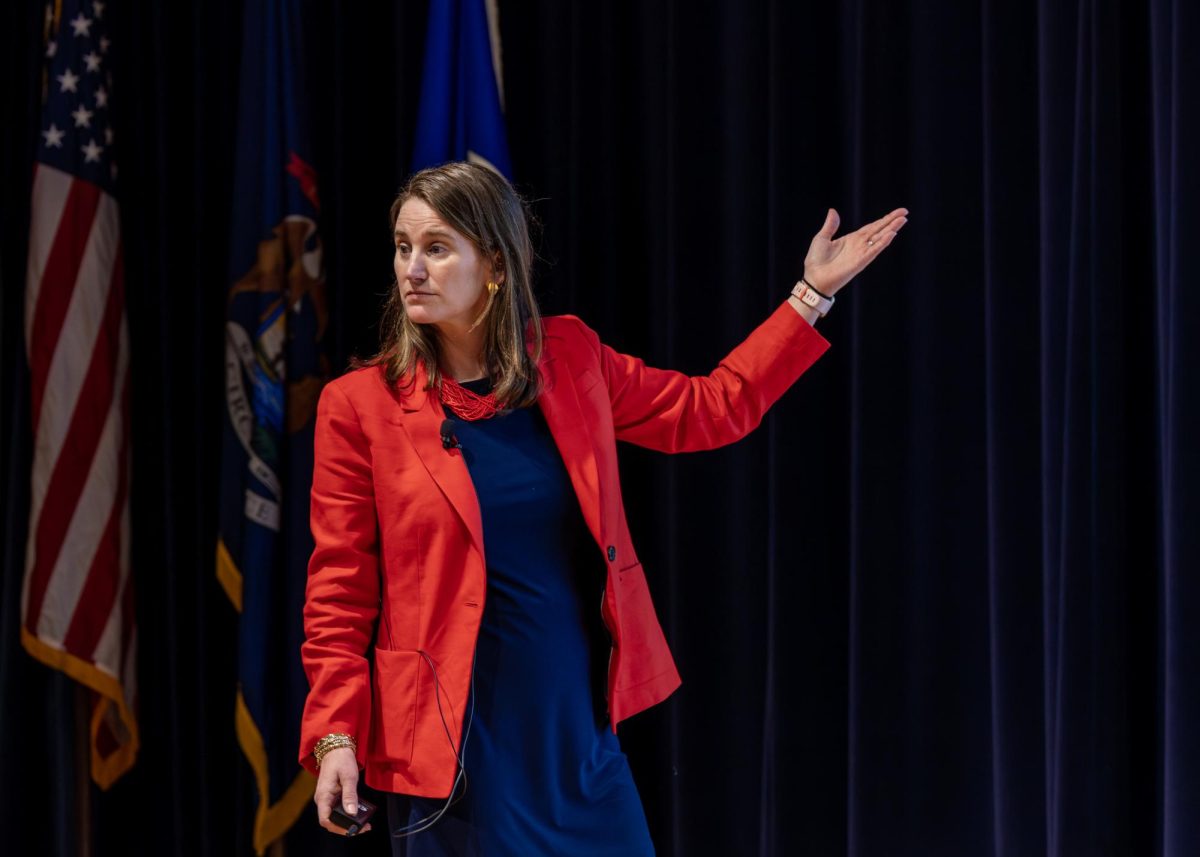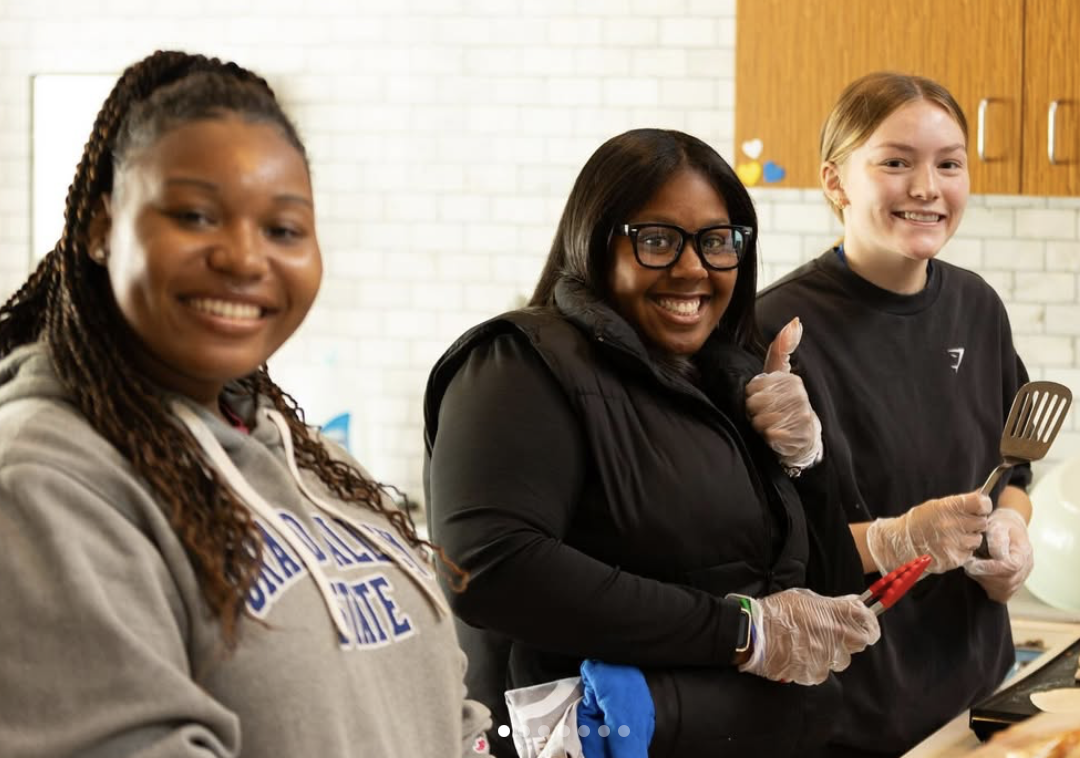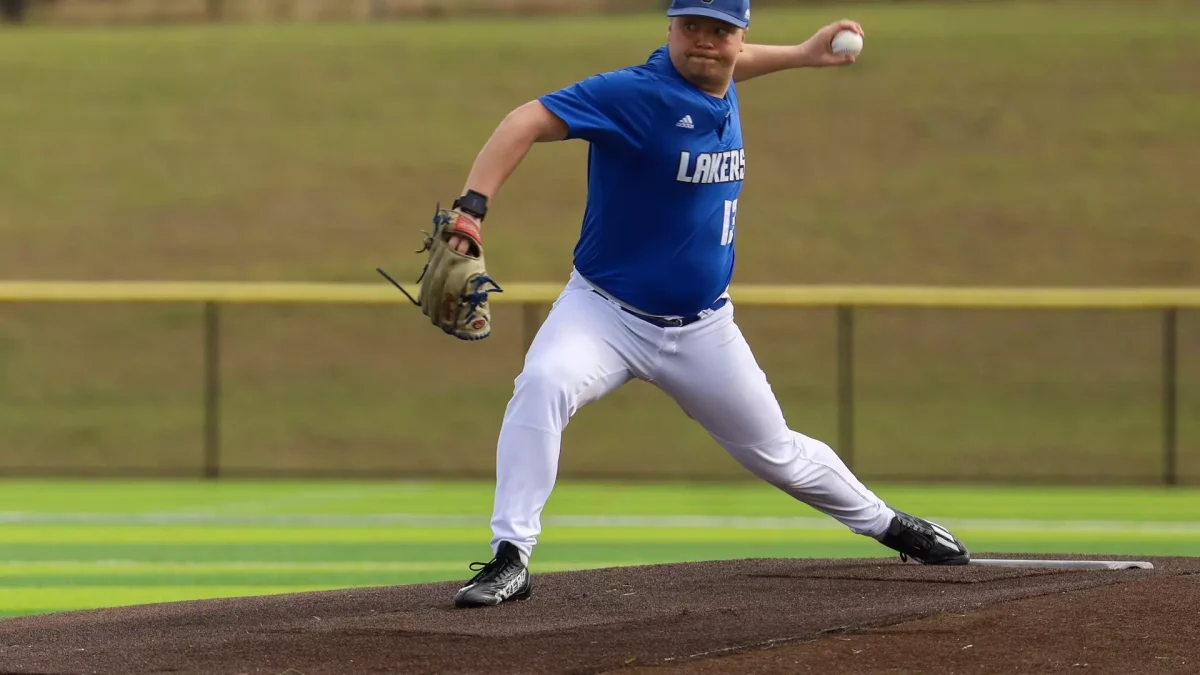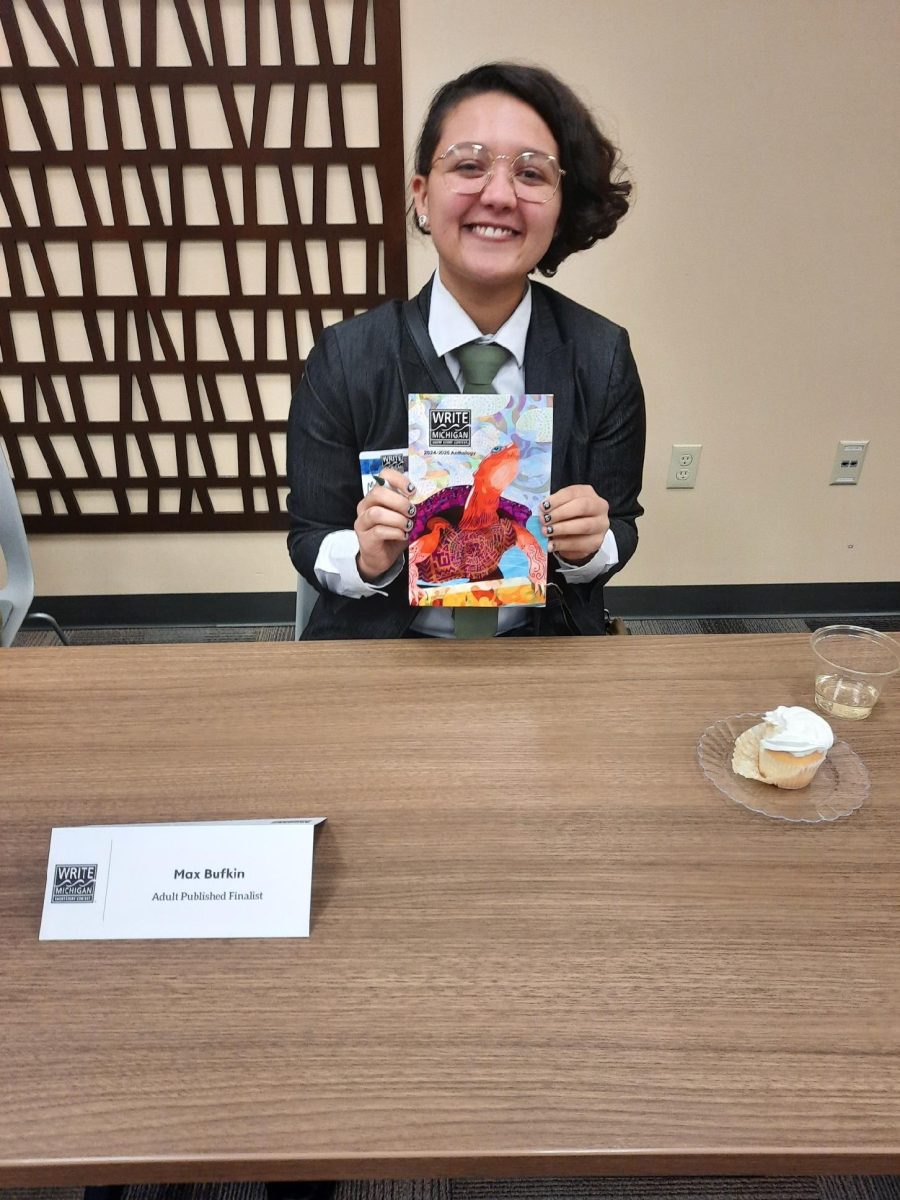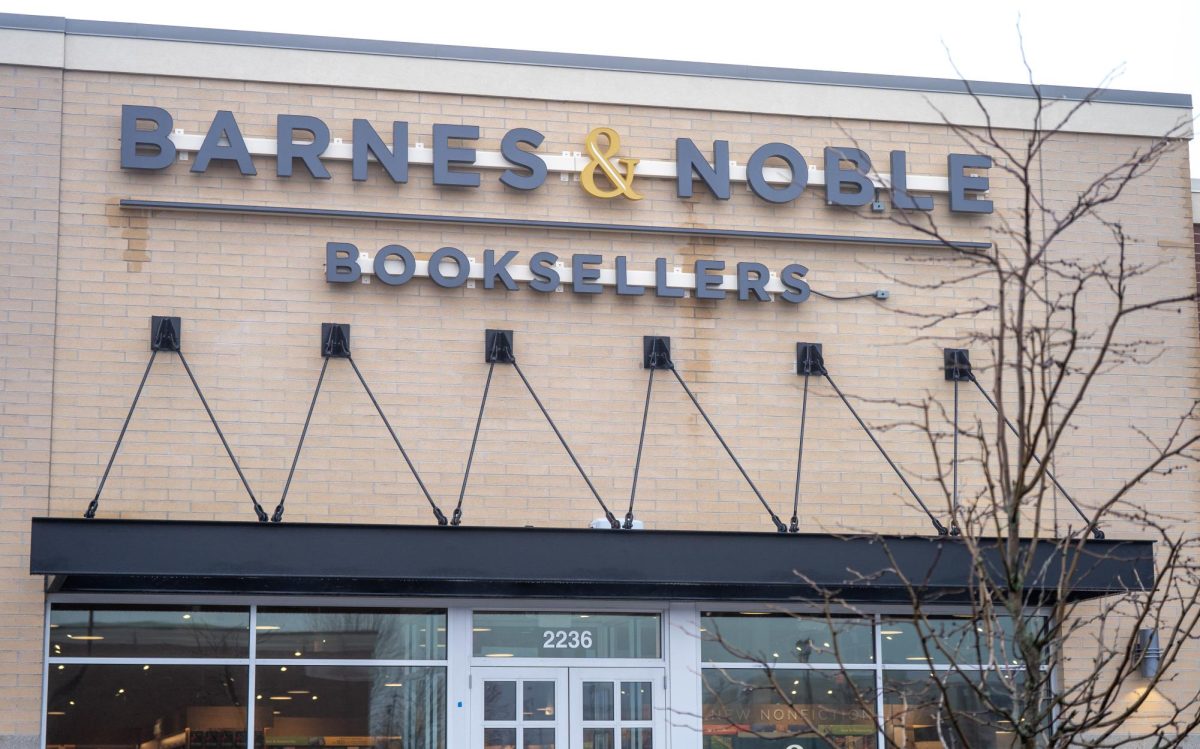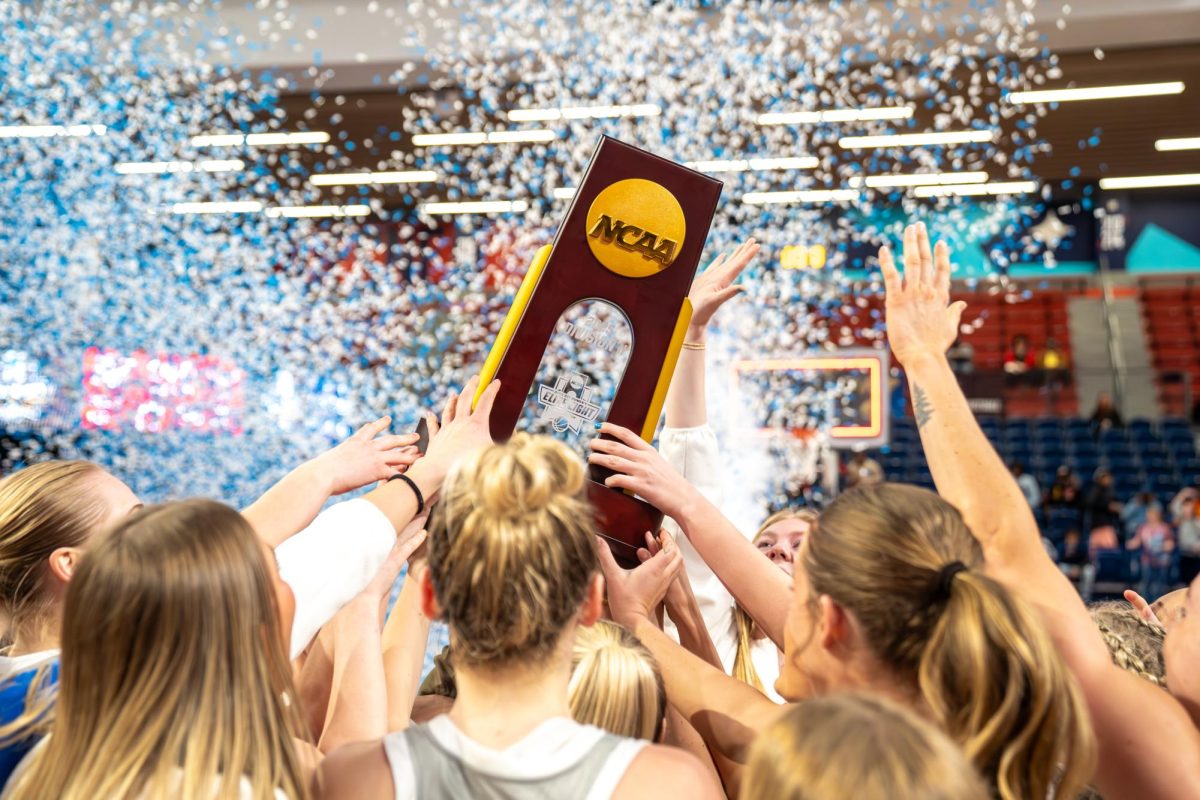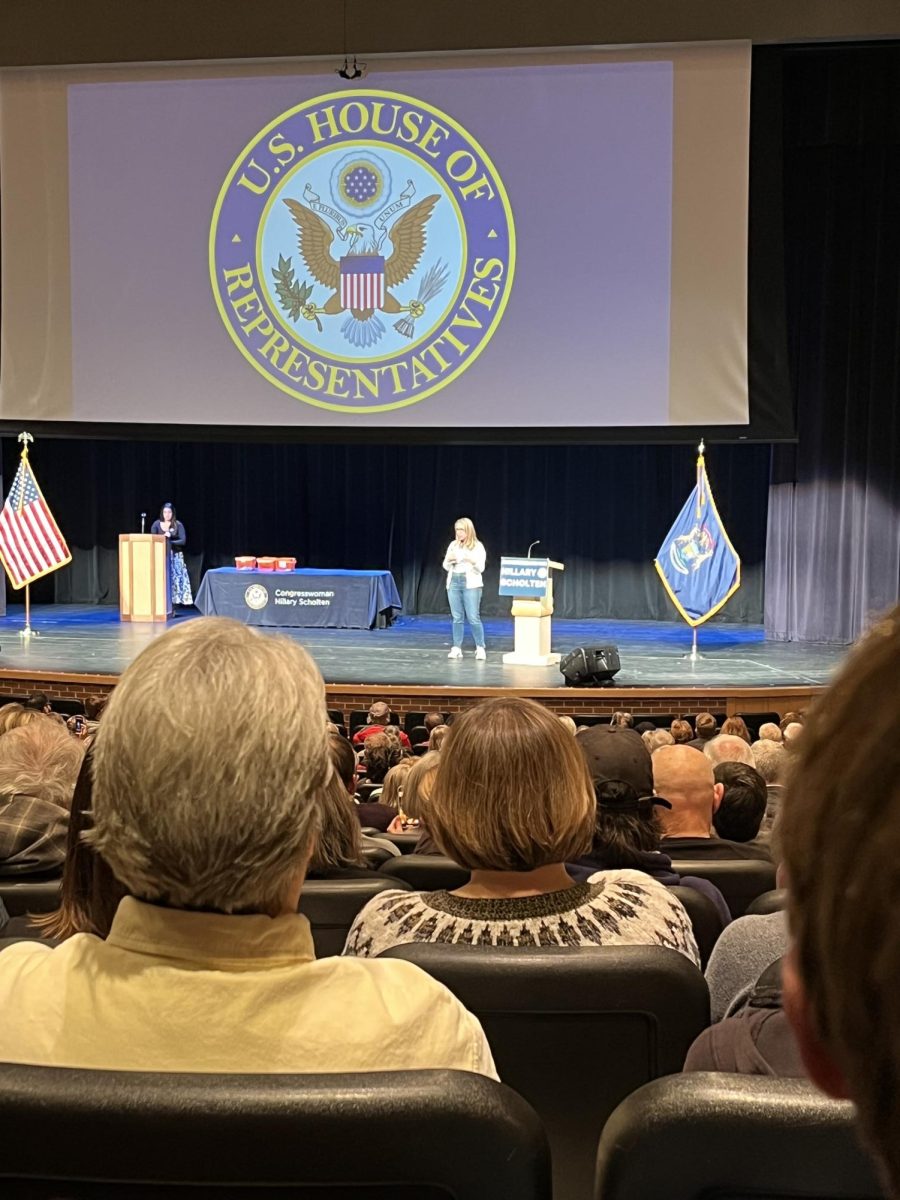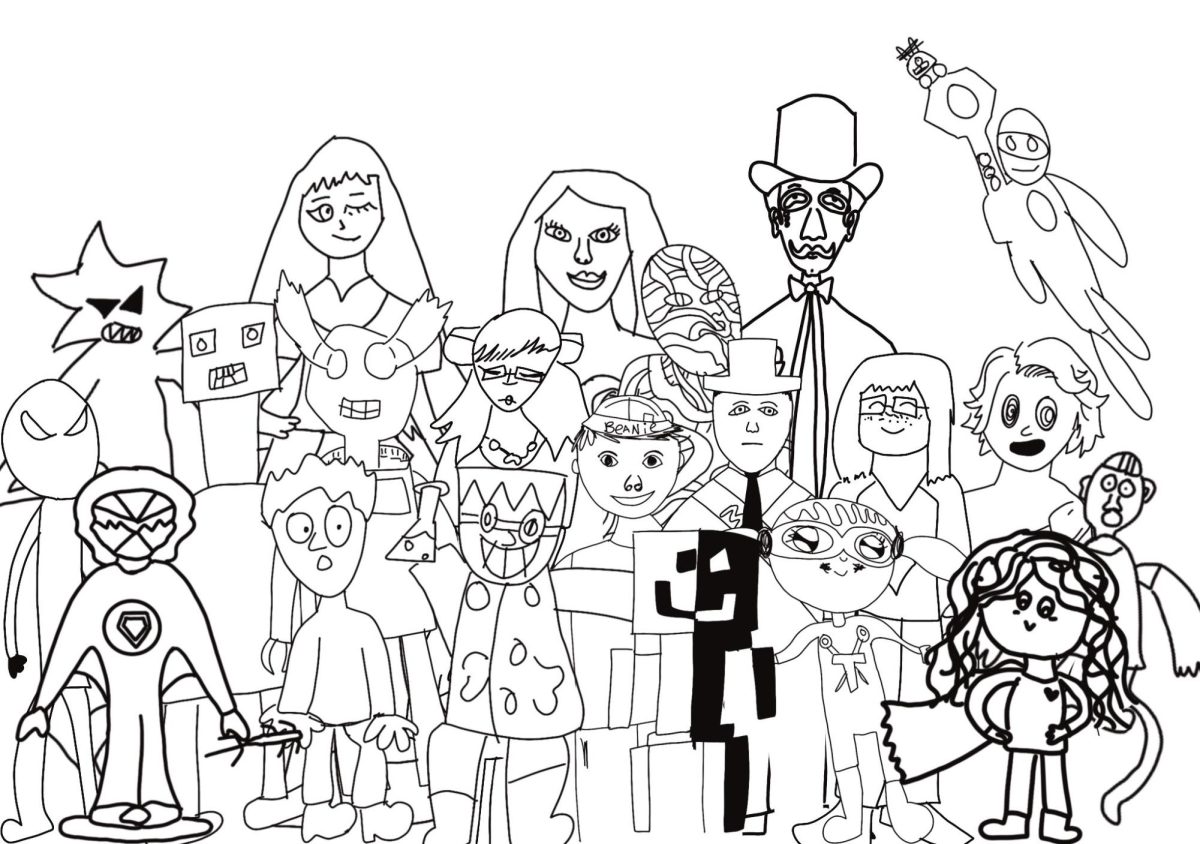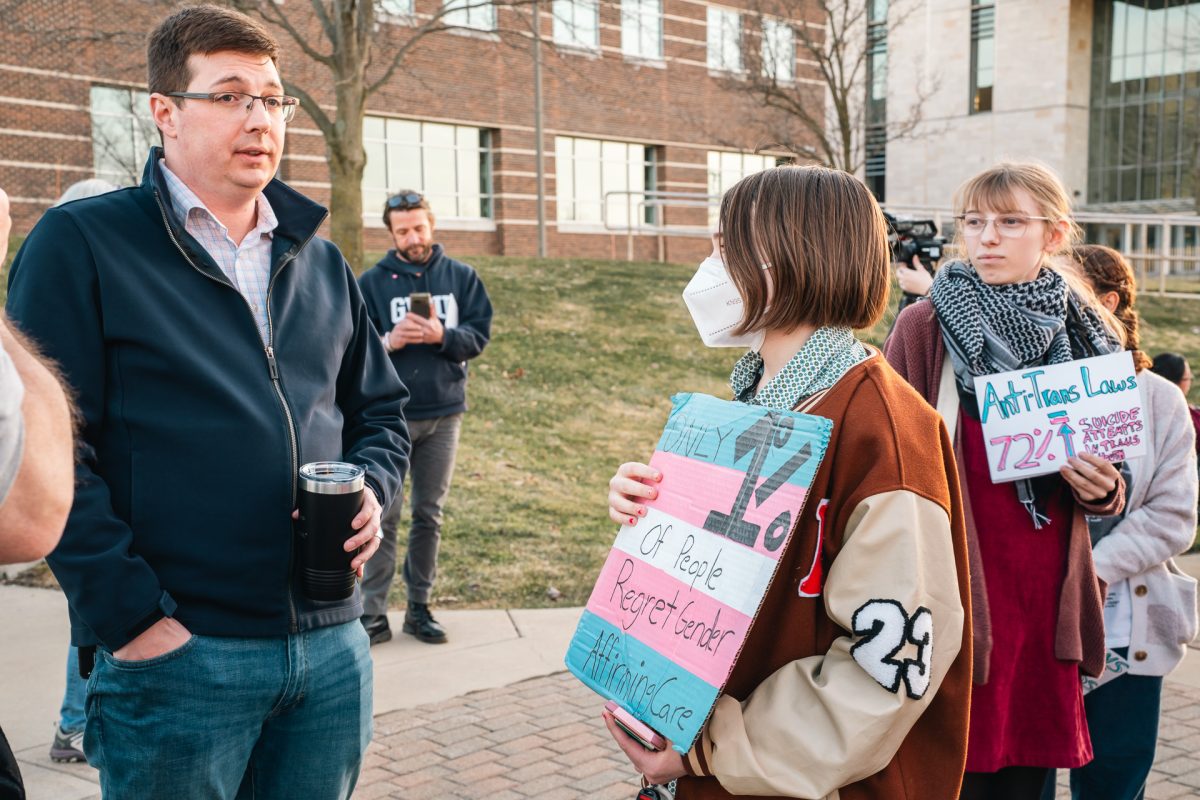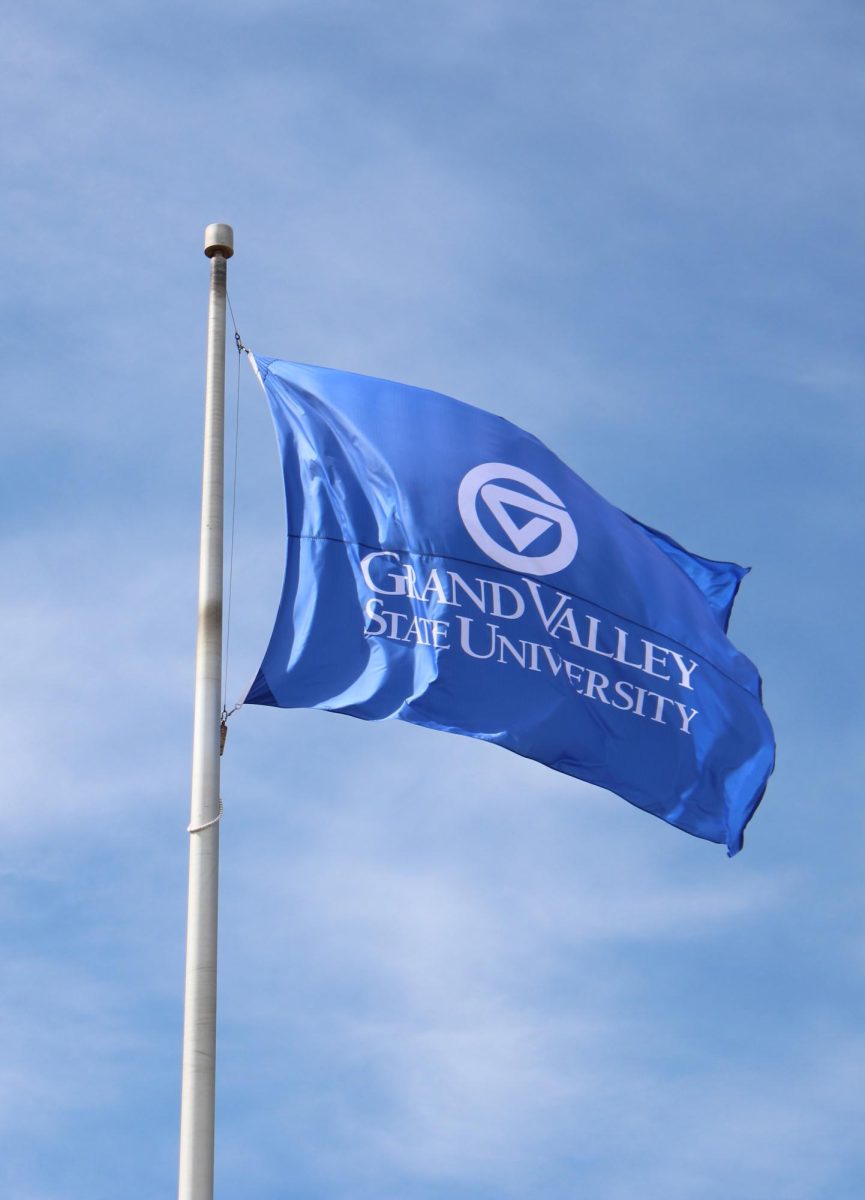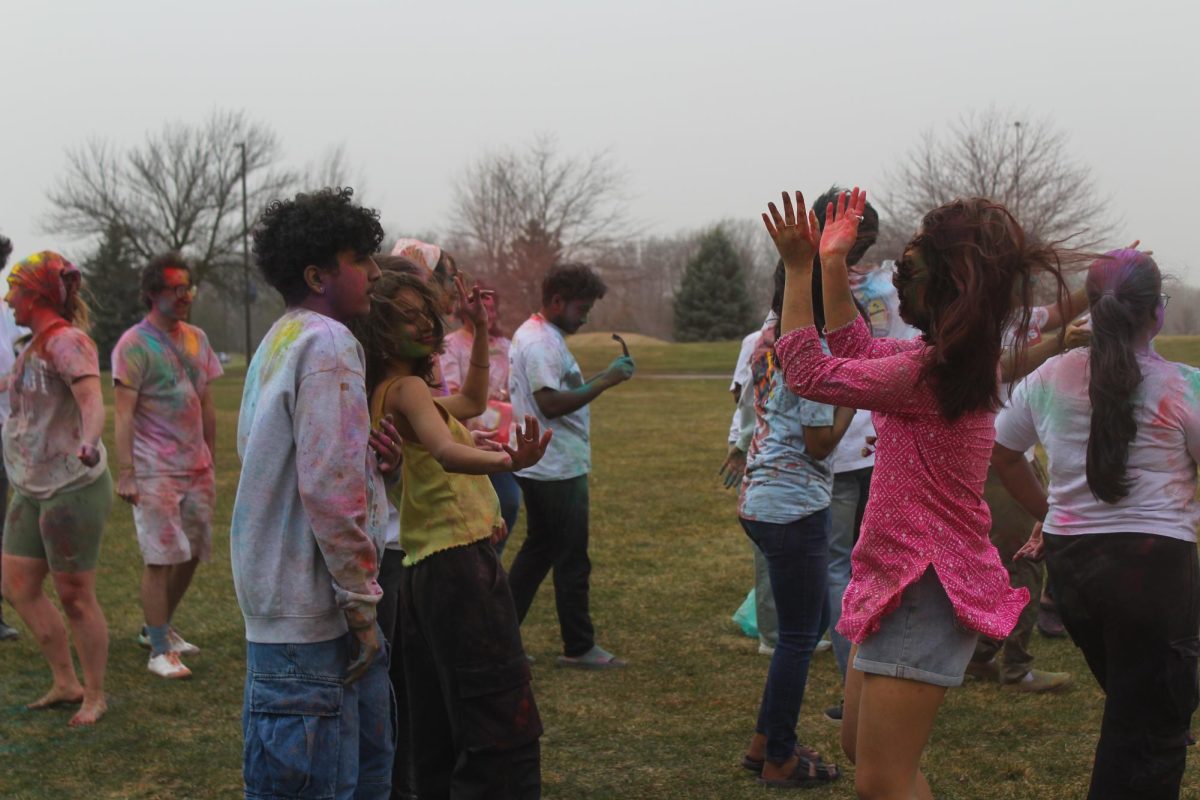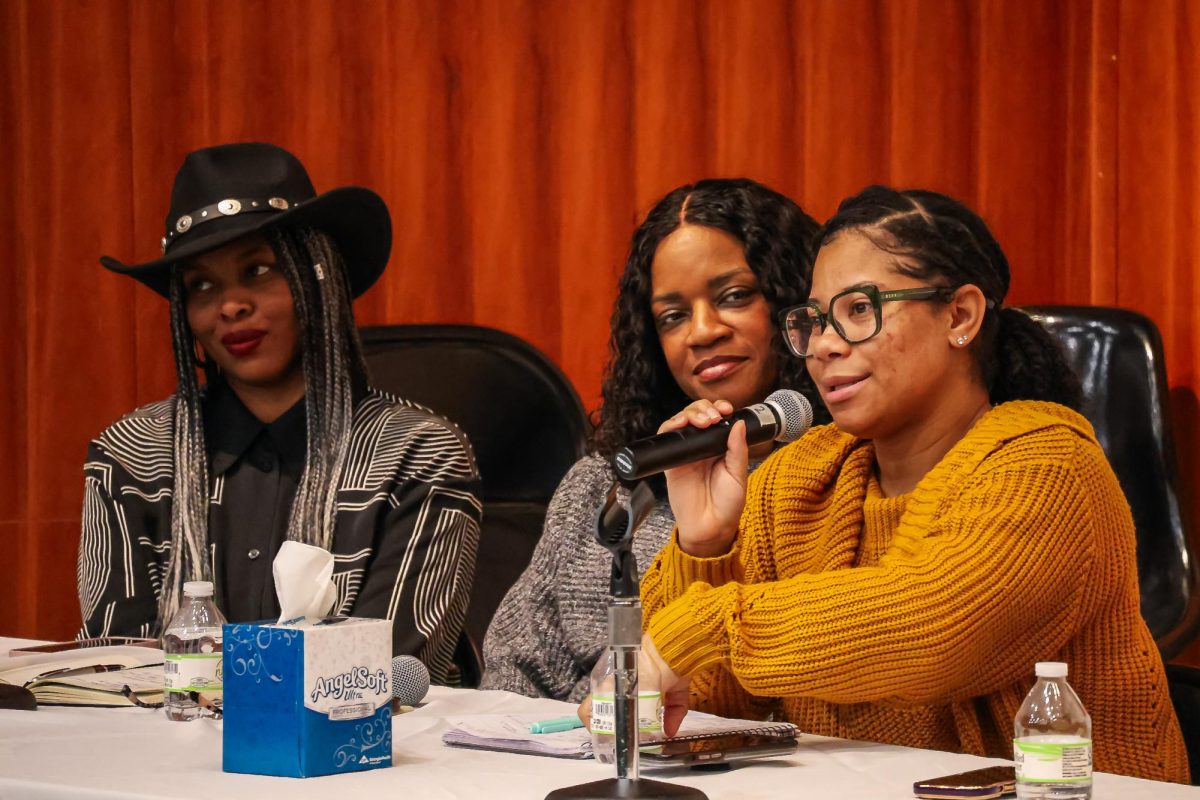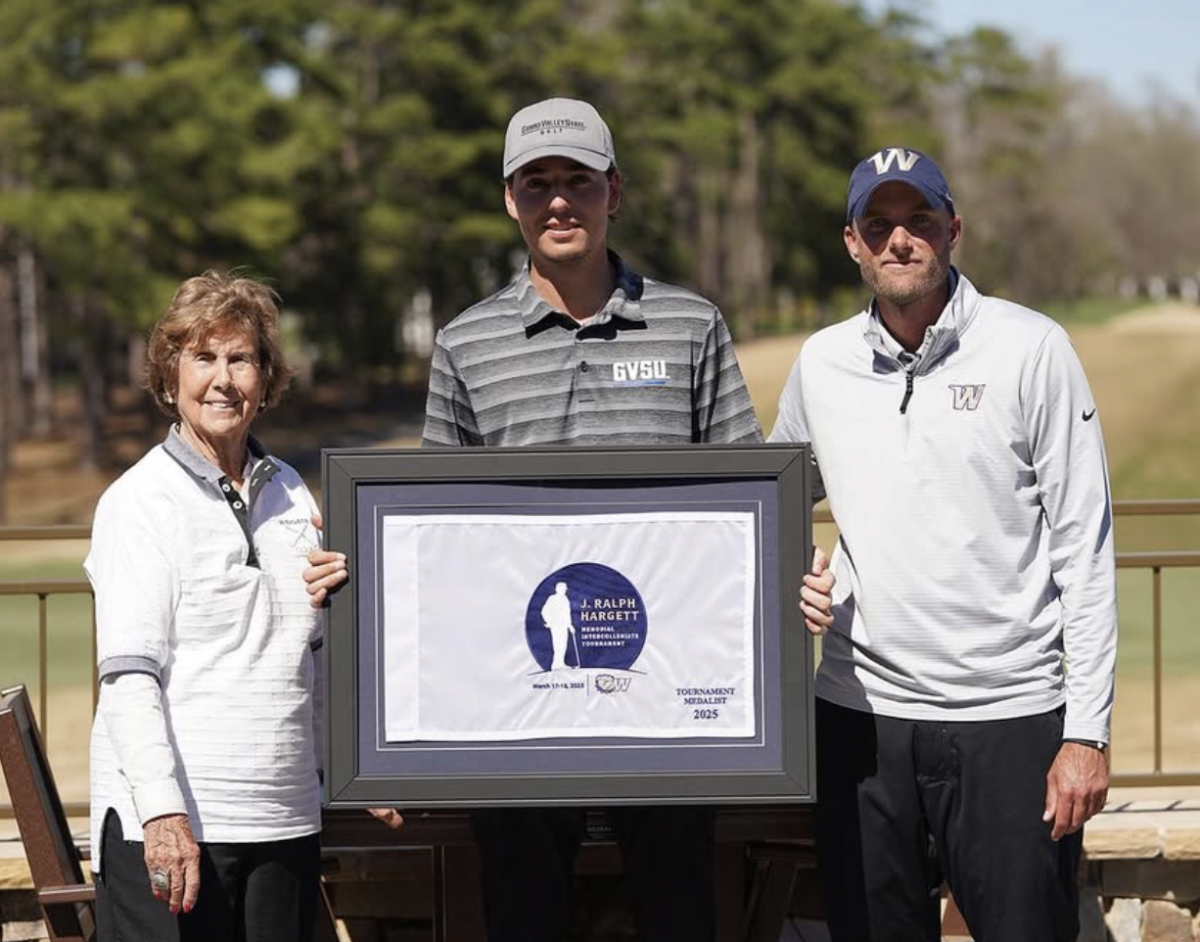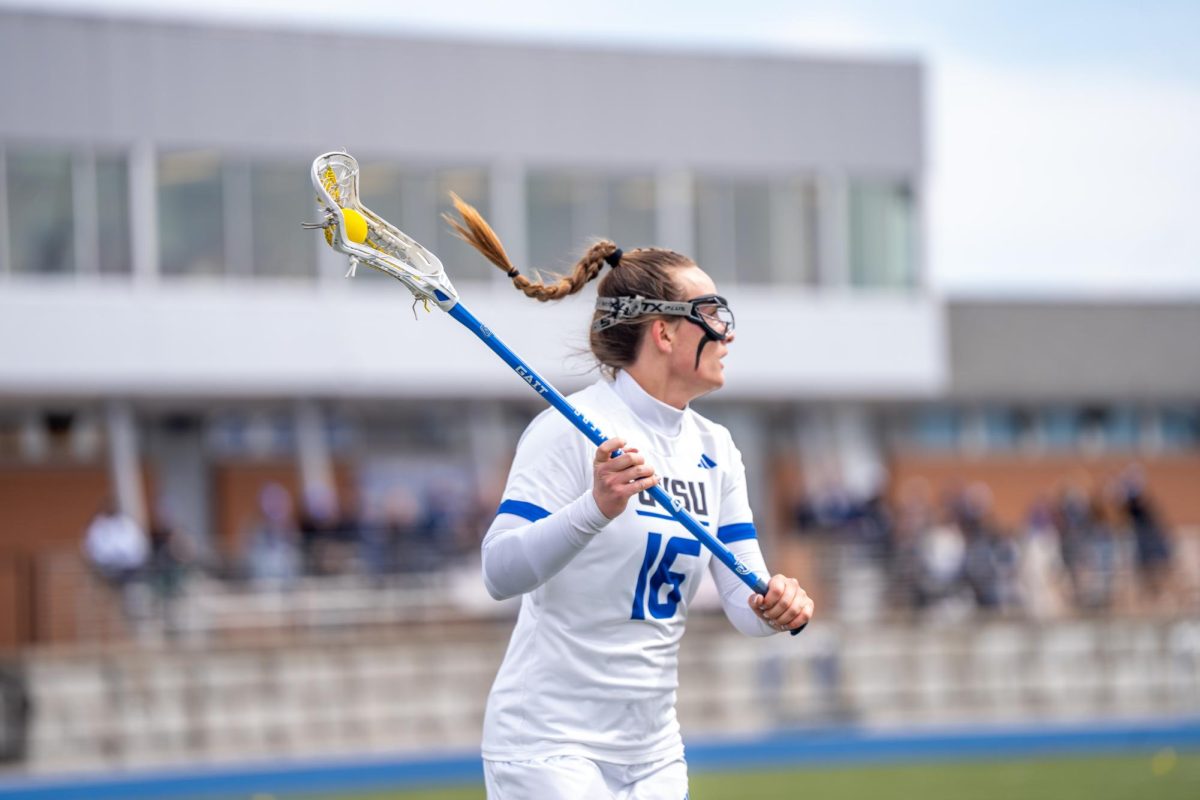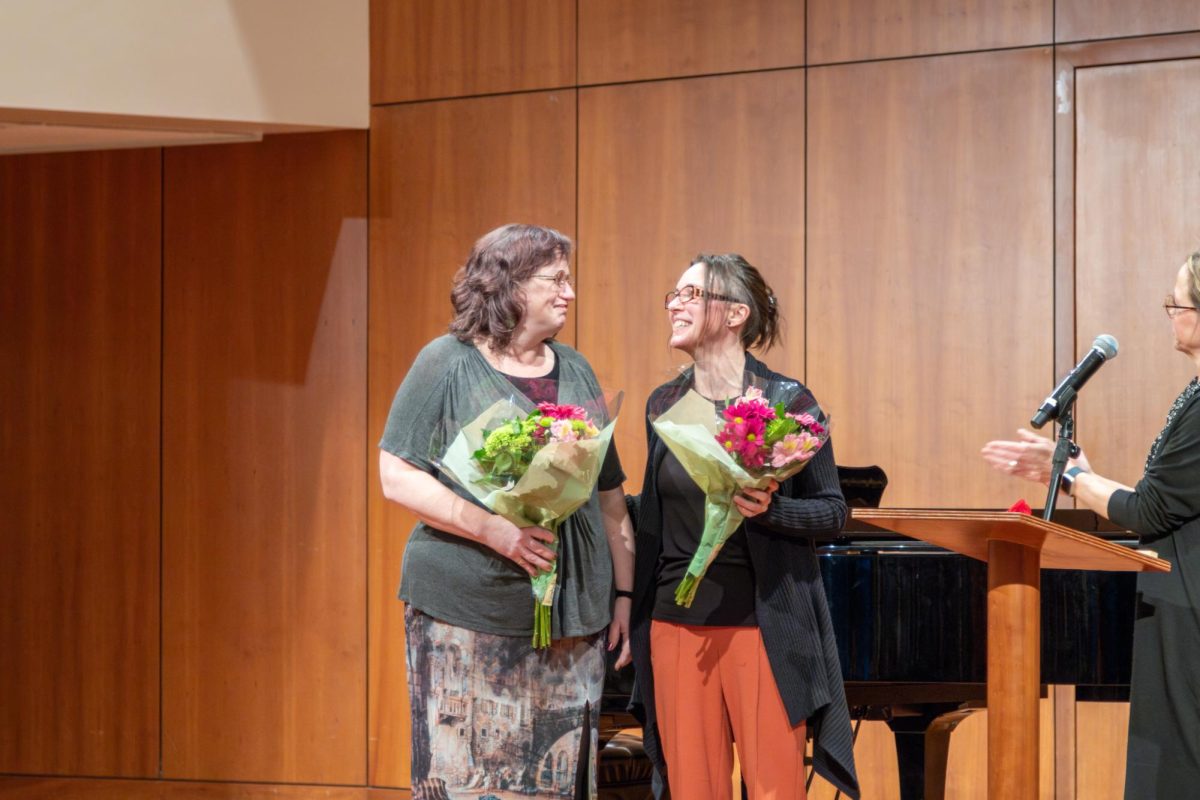Laker athletes stay connected through time of crisis, build sense of community with Lakers Listen
Photo courtesy of GVSU athletics
Photo courtesy of GVSU athletics
Apr 7, 2020
In this time of uncertainty with the end of the coronavirus pandemic unclear, college athletes all across the country have been struggling with mental health.
One resource on campus that student athletes who lost their sports season due to COVID-19 can turn to if they are struggling mentally is Lakers Listen, which was designed to provide clarity and give GVSU athletes an outlet to talk about how they are feeling in a world that often frowns upon athletes showing emotion.
“Lakers Listen was created to bring awareness to the stigma around mental health,” said Abbey Pierce, an ANCHOR student athlete mentor who lost her junior season on the golf team. “Everyone that’s an anchor went through QPR training and we act as mentors for the rest of our teammates and other athletes who might need someone to listen or talk to.”
Fellow ANCHOR Cassidy Boensch, who was robbed of playing in the NCAA tournament and saw her illustrious career come to an abrupt end with the GVSU women’s basketball, said that in her times of struggle, she turns to her teammates via Zoom Calls and constant communication.
“Something that my coaches mentioned to us the idea of distancing, but not necessarily social distancing,” said the senior. “So we’ve been using Zoom to do calls with the team once a week, and that’s been really nice. I lived with all all my teammates at school, and I still talk to them on a daily basis, but using Zoom has been a nice to talk to the whole team together.”
This constant communication allows GVSU athletic teams to continue to build bonds with their teammates even when they can’t physically talk to them or practice with them.
“We’ve been emphasizing in Lakers Listen, the theme around this year has been communities within our whole athletic department,” Boensch said. “That’s been something that has been struggle since we’re not around each other right now. We’re just trying to keep that community we built up as much as we can, through snapchat, texting and facetime calls.”
Pierce said that the knowledge of having that community to turn has been as powerful as the community itself when she or her teammates have been struggling to think positive in these dark times.
“The other important thing is knowing there is a whole community of people that want to help us,” Pierce said. “People in the academic advising and people like (Coach) Anthony (Adams) have been really helpful.”
The aforementioned Anthony Adams, a counselor who works closely with these athletes, stressed the importance of a positive mindset and think about the potential lives they are saving by social distancing and staying away from their favorite sports in this time of crisis.
“The narrative of how they’re viewing the situation can really impact on what they are experiencing,” Adams said. “Instead of being sad that you lost your senior season, you have to reframe it and say you gave something really important for possibly something that is a lot more important. Try to allow yourself not to see what you’re losing, but what you’re gaining, because these athletes could have quite possibly preserved some lives and some traumatic situations from people on the front lines.”
For student athletes who are struggling with mental health, Pierce advised that you reach out to teammates to talk about how you’re feeling and do activities you love to give yourself a mental break.
“One of the things that has helped me a lot is still trying to do something related to our sport,” Pierce said. “Whether that’s reaching out to someone in your sport or exercising, those sort of things have been helpful for me and a couple of my other teammates in this time.”
Boensch and Pierce agreed that GVSU students struggling with mental health should know that they are not alone and there are resources on campus they should reach out to.
“There’s really direct support on the counseling center’s website,” Boensch said. “Don’t be shy about reaching out to people, even if you think you don’t know them that well. Everybody’s kind of in the same boat, so I’m sure they would want to find a text from somebody.”
If you or someone you know is struggling with mental health during this time of crisis, reach out to a friend or a loved one as someone to talk to and look into the resources on Lakers Listen and at the Univeristy Counseling Center’s Website.





